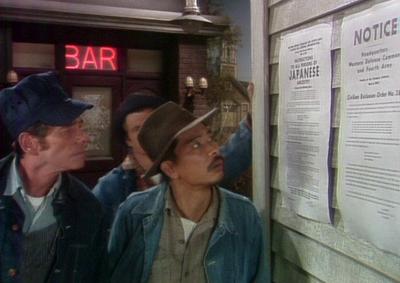Mark Quigley offers a closer look at CBS Children's Hour: "J.T." on our blog.
According to the Center for the Study of Women in Television and Film at San Diego State University, during the 2014-2015 television season women accounted for only 26% of the above the line talent working in prime time television. As inexplicable as those figures are, it may be difficult to imagine that even fewer opportunities existed for women in the medium in the late 1950s when Barbara Schultz began her career in broadcasting on Armstrong Circle Theater (1959; 1961-63). Breaking barriers with story editor and script consultant stints on groundbreaking series such as The Defenders (1963) and earning executive producer responsibilities on prestige network programs, including the Peabody Award-winning CBS Children's Hour (1969), Schultz' improbable success now seems inevitable on the basis of her creative output. In a pioneering career defined by artistic milestones, Schultz' work as producer of the landmark KCET/PBS television anthology, Visions (1976-1980) stands today as a testament to both her immense talent and the glorious, sadly mostly untapped possibilities of the medium. Over the course of four seasons of Visions, as exemplified by stellar, challenging productions such as Momoko Iko's Gold Watch (1976), Schultz redefined the boundaries of quality television by embracing ethnic and gender diversity, both in front of and behind the camera—reaching dramatic heights (and presenting employment opportunities) to a degree still unrealized by the industry well over three decades later. —Mark Quigley






 Mobile Navigation
Mobile Navigation

